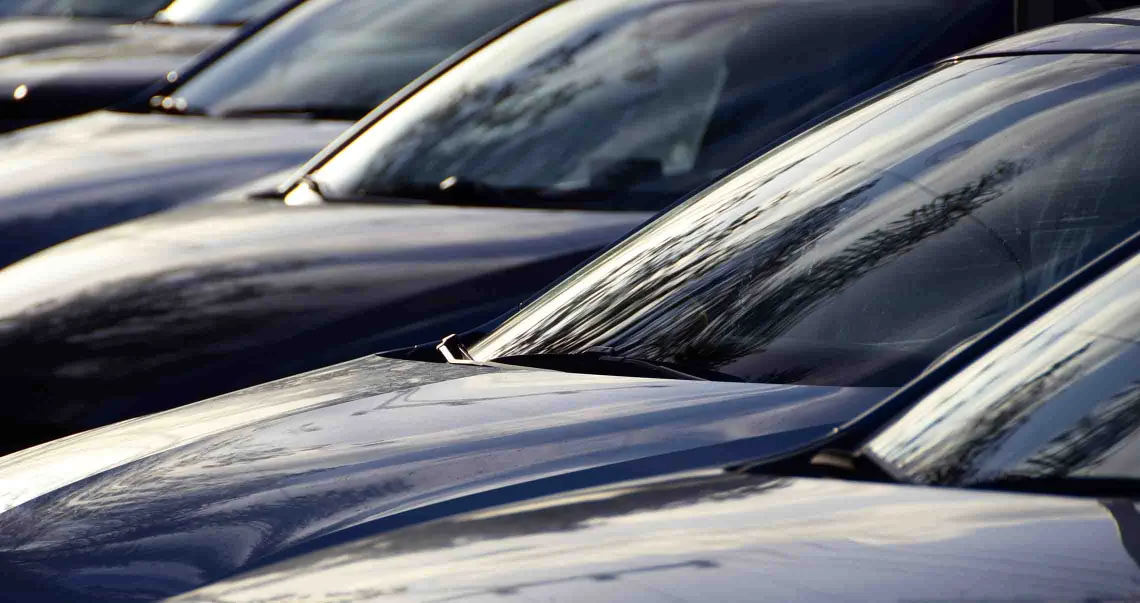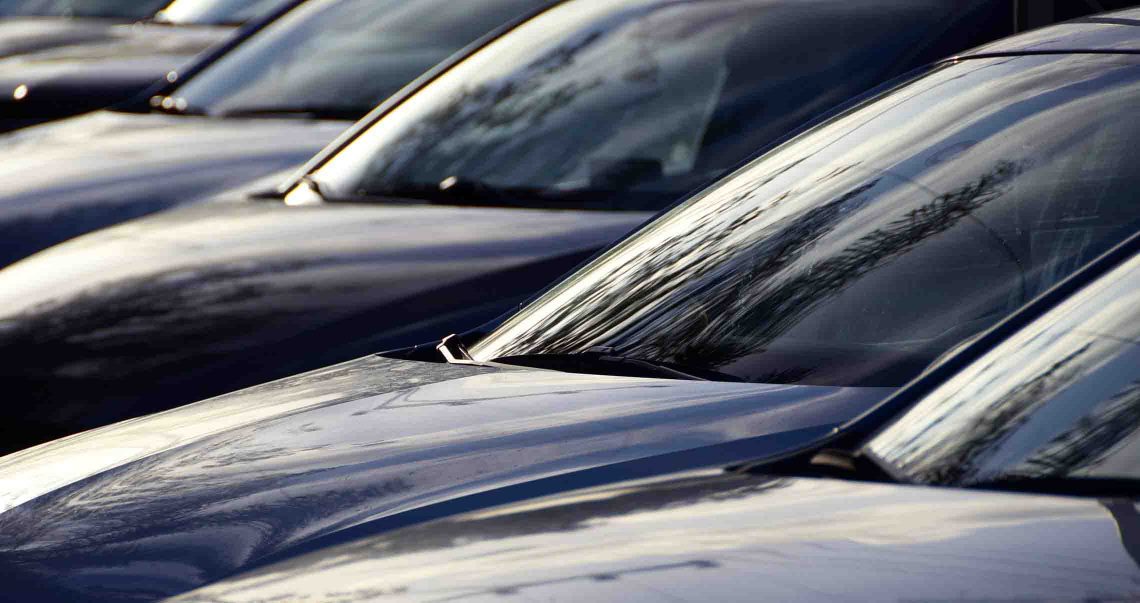Do I need commercial auto insurance?
The advantages of investing in a fleet of company cars are clear. You can customize the vehicles to exactly what's best for your business, and you don't need to rely on your employees to keep their vehicles in tip-top shape. Plus, your business can get a branding boost in the process.

But even if your company doesn't own a fleet, you may still need commercial auto insurance. To determine whether you need insurance and what type is best for your needs, you'll need to consider several variables.
Why commercial auto insurance matters
Consider what would happen to your business if one of your employees had a car accident while working. Without insurance, the financial impact could devastate your business operations.
By insuring against the risk of any possible property damage, injuries, medical expenses or losses resulting from an accident or theft, you're effectively buffering your company's finances from potentially high claims and settlements. Insurance allows you to return to normal business operations quickly and can give you the confidence to grow and innovate without the fear of unexpected disruptions.
Coverage options
Work vehicle insurance is designed to protect your company from property damage and personal injury claims related to accidents involving your company car. The main types of insurance offered under a commercial auto policy are:
- Liability coverage: Protects you from costs due to injuries, vehicle or property damage, and sometimes legal fees
- Medical coverage: Protects drivers and passengers from having to pay medical expenses due to an accident
- Comprehensive and collision coverage: Protects you from paying for vehicle damage caused by theft, vandalism, flood, fire, or being hit by an object or another vehicle
- Uninsured and underinsured motorist coverage: Protects you from having to cover costs for an accident caused by a driver that doesn't have auto insurance
- Non-owned vehicle insurance: Provides damage and injury coverage to employees who drive their own vehicles for business purposes and vehicles your company leases
Depending on the types of insurance you choose, your plan can also cover accidents or incidents that occur during the transport of goods and services and the delivery, loading, and unloading of materials and products.
Coverage costs and limits
Because commercial vehicle coverage is for vehicles that can be driven by any employee, it will likely be more expensive than your personal auto insurance, where the rate reflects your driving history and habits.
Premiums are also tied to how the vehicle fits into your day-to-day business needs. For example, a 20-foot delivery truck that crisscrosses the metro area daily will be rated differently than the SUV you drive to periodic job-site visits.
Generally, commercial vehicle insurance offers higher coverage limits than personal coverage, although many businesses also purchase umbrella policies for further financial protection.
Other scenarios to consider
If your company owns a fleet of cars, vans and trucks that are typically housed at the business and used for day-to-day business needs, commercial auto insurance is almost always necessary.
However, there are some gray areas to consider. One of the most common questions you'll hear from employees is whether they can use the company vehicle for personal reasons. That's a call you need to make, but if you plan on occasionally allowing it, get a clear understanding from your carrier of what's covered and whether you need any supplemental coverage.
If the vehicles regularly get driven home by employees, that's something else to discuss with your insurance carrier.
Otherwise, if you or your employees regularly use a personal vehicle to visit clients or make deliveries, non-owner vehicle coverage is critical, as personal auto coverage won't likely cover the work usage. Similarly, if you lease or rent vehicles, you'll need non-owner vehicle coverage.
As you consider your fleet insurance options, a conversation with your business banker can help clarify your needs.





